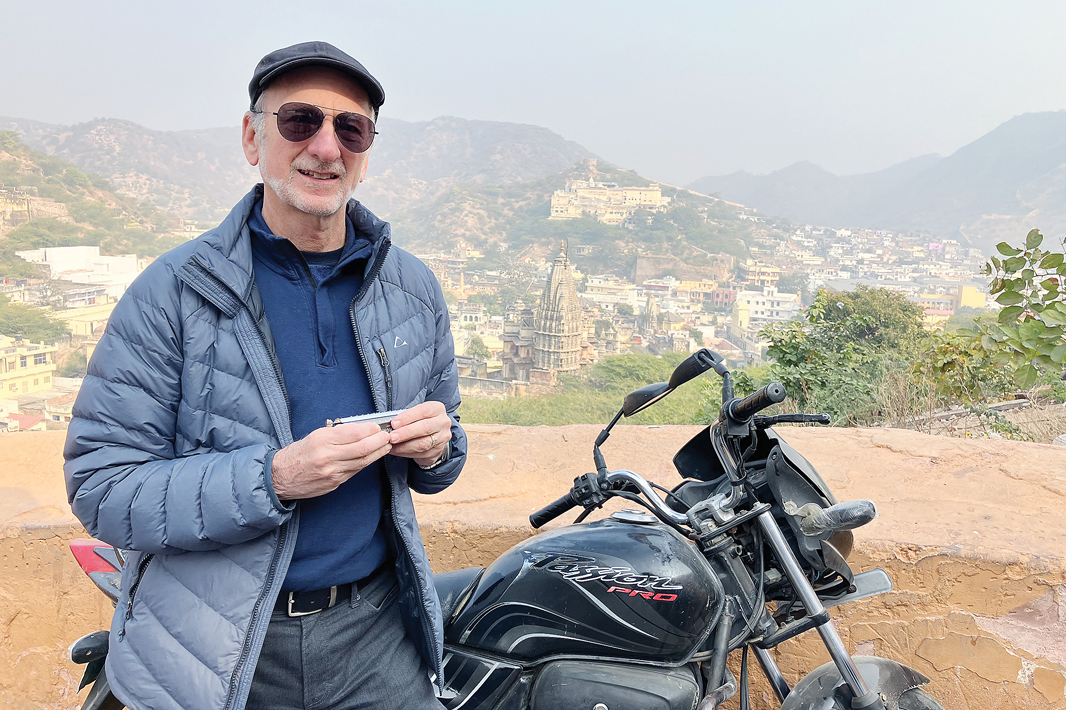
A novel, by definition, cannot be non-fiction, but even though its narrative is made up, a product of the author’s imagination, the ideas and thoughts have to have come from somewhere.
When it comes to analysing the characters in a novel and the circumstances they find themselves in, there’s no getting away from the fact that the author had to draw on experience, knowledge and memory to conjure up “fiction”.
Richard Andrews makes no apologies, and in fact stresses that his fiction includes large doses of reality. He’s had a life of experiences, worked overseas and spent years on the road. Most strikingly, he spent his boyhood and adolescence in Frankston and on the Mornington Peninsula.
“If nothing else, I hope my book provides some thoughtful entertainment and reminds people that we all share the same story, or the ‘collective unconscious’ as Jung described it…no matter the length of our hair,” Andrews said.
So, when it comes down to it, many of the stories related in his novel Key to the Highway are memories, reflections and an embellished interpretation of events in his own life. The novel in many ways, is a novel memoir.
He lists Jack Kerouac’s On the Road and Zen and the Art of Motorcycle Maintenance: An Inquiry Into Vales, by Robert M Pirsig among his early literary influences.
Frankston and Peninsula readers who know the now Quebec, Canada-based journalist and writer will eagerly scan Key to the Highway for anecdotes and clues to their inclusion.
Many of them are in the book, and Andrews has no problem in admitting how he fictionalised parts of his life to fit the narrative of Key to the Highway.
If travel does broaden the mind it can probably also help and explain how it narrowed and sharpened the focus of his memory.
Andrews describes his work as an “adventure-travel” novel which covers much of the world and along the way borrows on his clear memories of growing up.
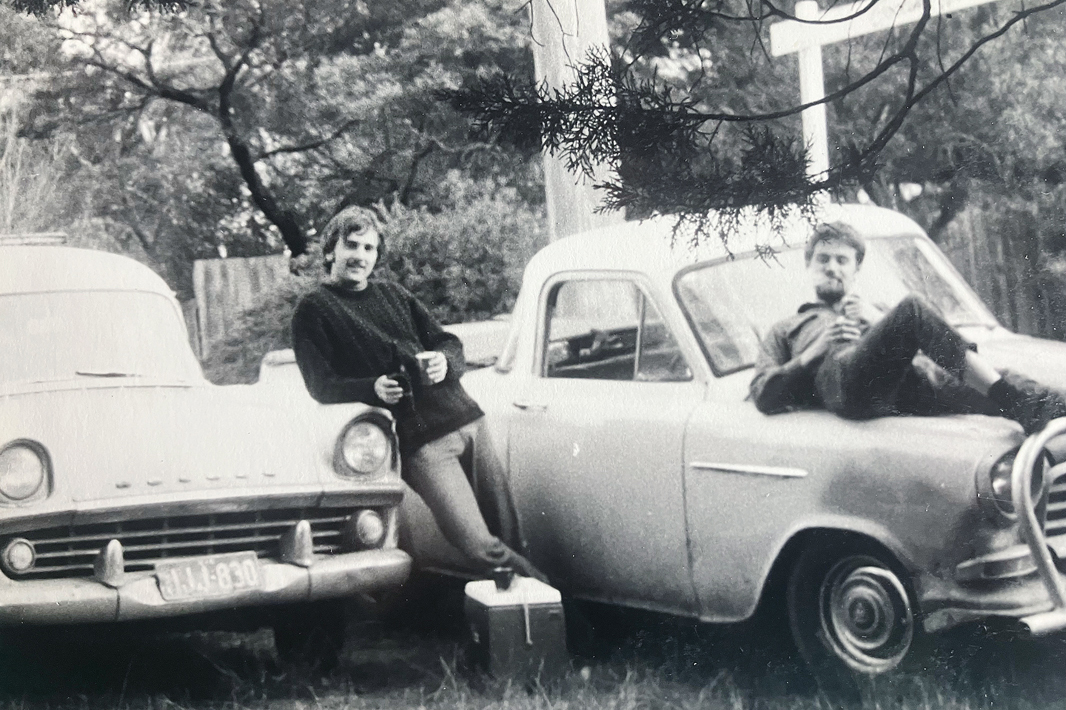
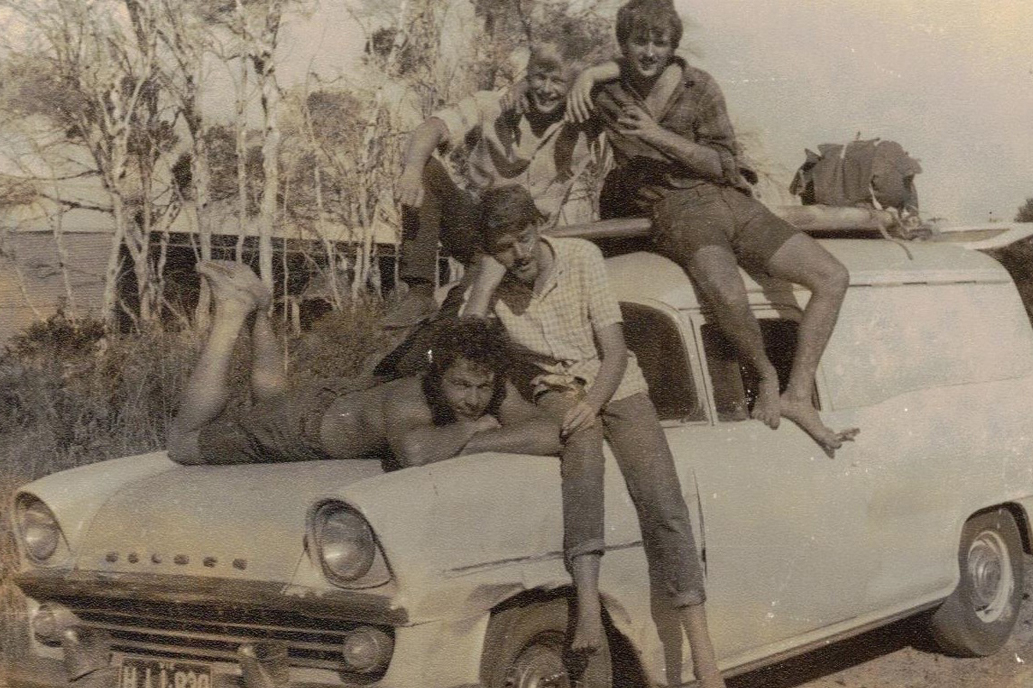
Some of the early scenes in Key to the Highway are centred on Frankston’s Kananook Creek – which formed the rear boundary of the Nepean Highway house in which Andrews spent much of his early life.
The novel follows mouth organ (harp) playing Chris Hunter on an “erotic motorbike fantasy” and the discovery of a magical blues harp through the Australian outback to Indonesia, India, Bangkok, Borneo and Rio. Andrews said the book was “largely based on real people and actual events – apart from the magic harp” which manages to get the narrator in and out of trouble.
Now living on a former vineyard in Quebec with his “muse and wife”, Marie Cordeau, Andrews has worked for the ABC and the Department of Foreign Affairs and Trade, freelances for newspapers, travel magazines, foundations, industry journals and IT companies while teaching part time at McGill University, Montreal.
Revisited and fictionalised in Key to the Highway are a Trojan War with slingshots that happened when Andrews was 12 and led to “a smashed sleepout window and a few enemy injuries”.
Keeping with the historical references Andrews says, “the Helen of Troy insult refers to the common amorous adventures at the Skye Road [Frankston] drive in”.
“The Classics Illustrated comics I read at the time influenced my interest in epics and mythology,” he said.
“Names have been changed to protect the guilty, but some were linked to mythological gods,” he said. “Thorry the exuberant drummer was based on a school friend I named after Thor, the god of thunder. Similarly, the dangerous Freya was a former Norwegian model who reminded me of the Norse goddess of love, fertility, battle and death.”
Willy – Gary in the book – lived behind a Frankston milk bar and made a cracker gun, powered by a penny bunger that fired a ball bearing through his fence and into the side of a parked car. “Luckily, no one was injured. Mercifully, he gave up pyrotechnics for electric guitar.
“In the early 1960s Frankston was seen as the last station on the line where you could get a drink on Sundays at the Pier Hotel as a bona fide traveller who was 25 miles from home,” Andrews said.
“The city’s profile and status rose when GTV9 star Graham Kennedy bought a house not far from Tower Hill Road.”
The Frankston High School he attended was “a bit rougher” than now and Frankston teenagers were divided into “warring cliques of jazzers and rockers”.
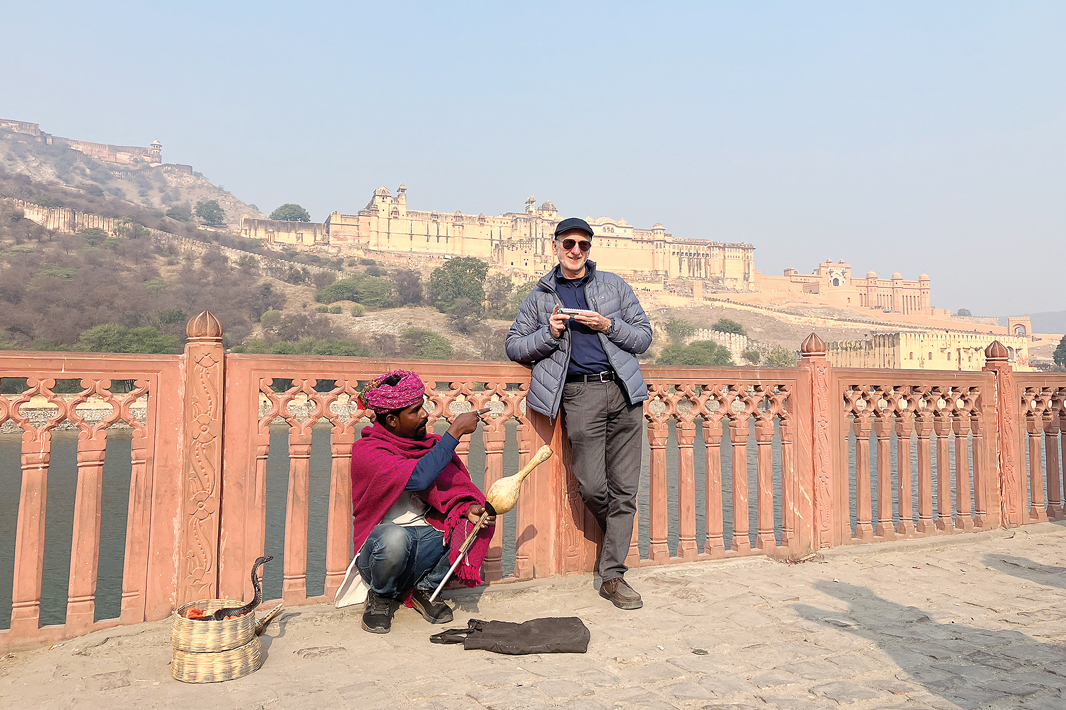
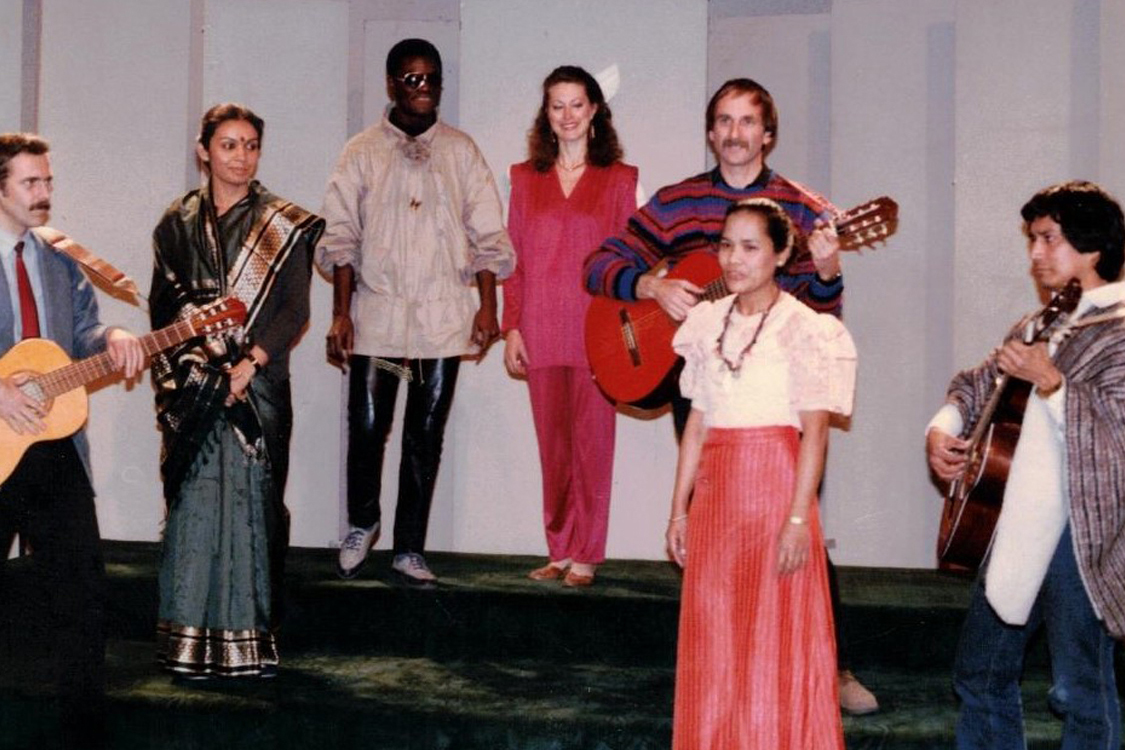
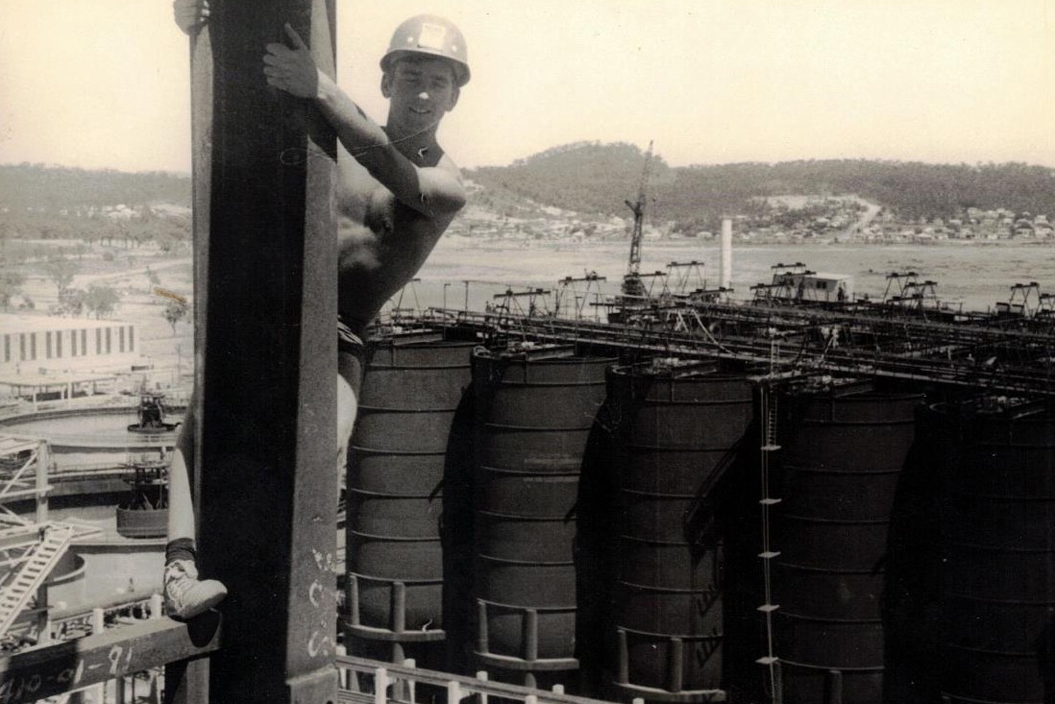
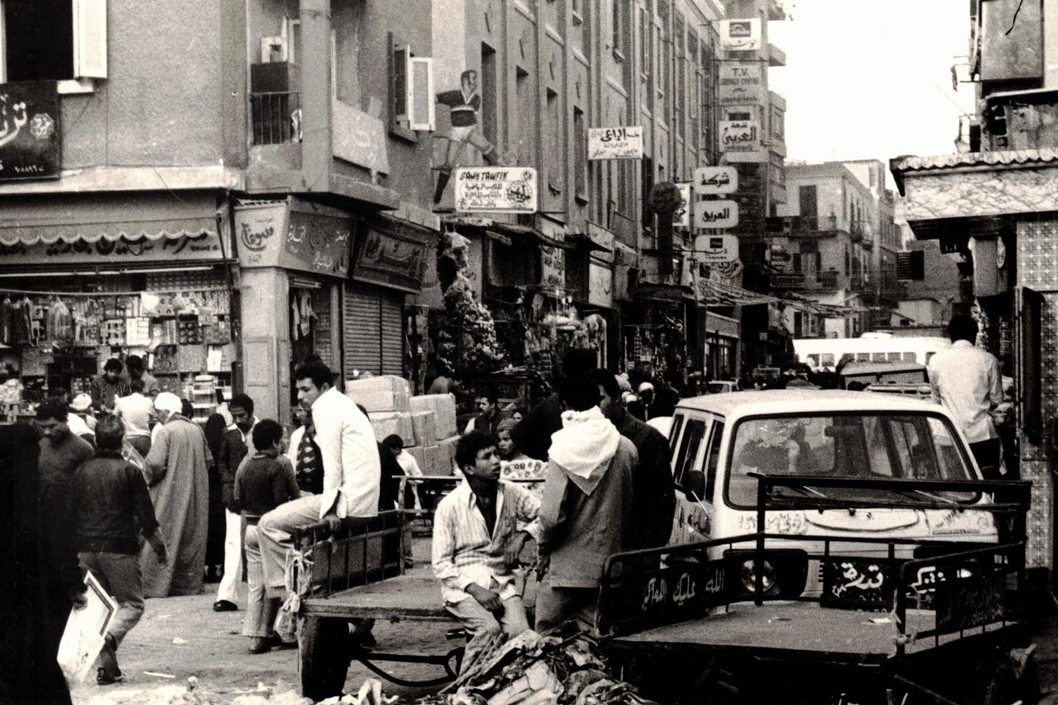
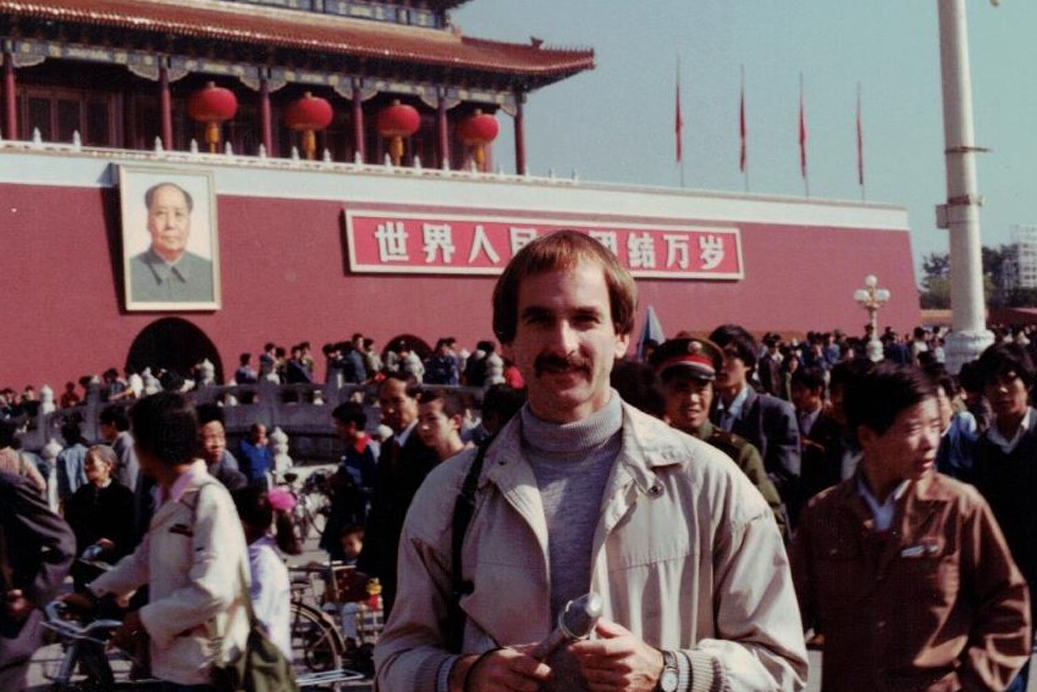
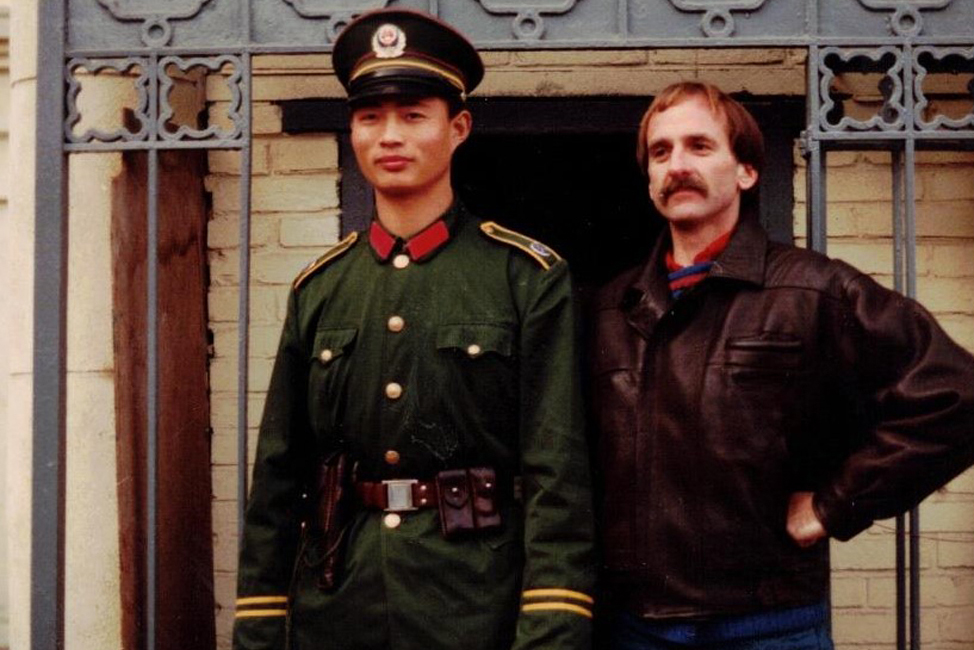
He is quick to set the record straight by adding that students from his matriculation year “ended up as eminent lawyers, a St Kilda Club footballer and manager”.
There was also a dope smuggler — “now a genteel academic” — who offered some writing tips “following his time in a Moroccan prison” and also his experiences appearing as one of the dystopian crazies in the Mad Max movie with Mel Gibson and Tina Turner.
Time spent snorkelling and spearfishing and experimenting with hyperventilation to stay longer underwater among the rocks at the bottom of Olivers Hill, near Canadian Bay, are reflected in the book’s mystical rock pool.
“The real venue of the disastrous biker’s buck’s night was a paddock in Baxter. The groom was not crippled but missed his step walking through a big fire. Luckily, his wife was a nurse who changed his bandages on their honeymoon,” Andrews said.
“The Argonauts’ disreputable van in the book was based on my multi-scarred FB Holden panel van, from where we descended on parties armed with guitars and half-gallon flagons of Wynvale claret.”
Key to the Highway is peppered with this blending and fictionalising of locations and anecdotes from many geographic locations.
“Other incidents and characters are based on my experiences and people I met as a journalist and traveller across the outback and Asia: working at a Northern Territory copper mine, evading gas explosions at sea, blowguns in Borneo, an amoral Australian business executive who dealt with Chile’s Pinochet regime, a mate’s attempted jail break, two friends who escaped murder by Charles Sobhraj, the Charles Manson of the hippie trail,” Andrews said.
“The book itself started as an MA thesis for Newcastle University. I structured it around the works of mythologist Joseph Campbell and his influence on the Star Wars and Mad Max movies. The thesis gathered dust for about 20 years until the [COVID] pandemic, when we moved to the countryside. During the lockdown, my wife suggested I rewrite it as a novel.”
In January, Andrews took his fantasies another step during a trip to India by trying to “take the harp into the Taj Mahal, as in the book, but a suspicious security guard took it off me”.
That ban was a lesson that while turning real life into fiction may come easy, external forces can enter the scene and control the outcome when it comes to turning fiction into fact.
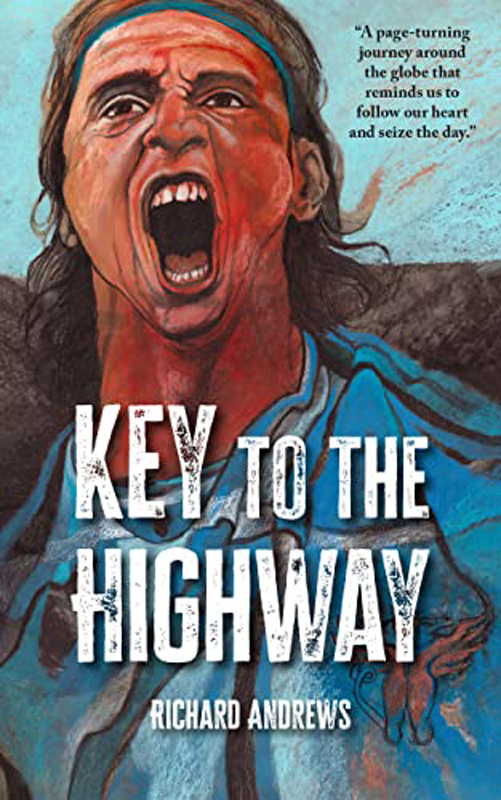
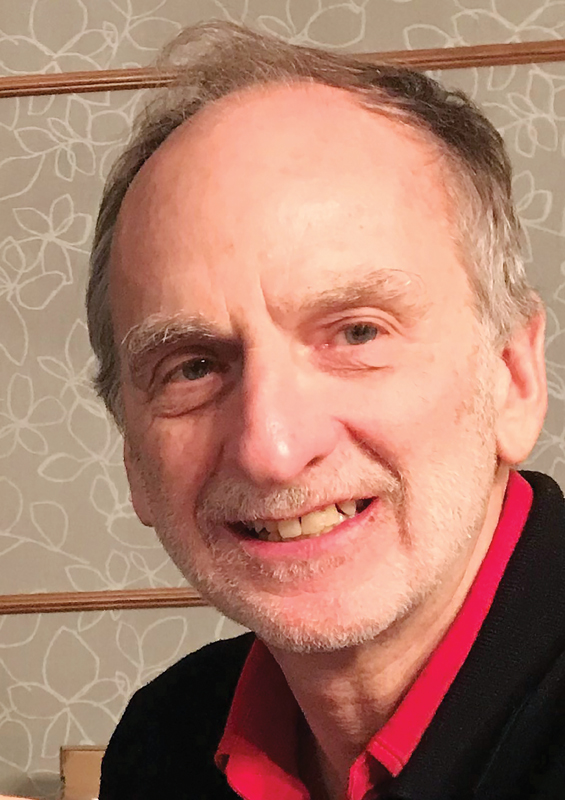
Key to the Highway by Richard Andrews is available from: amazon.com.au
By Keith Platt Photos Supplied





